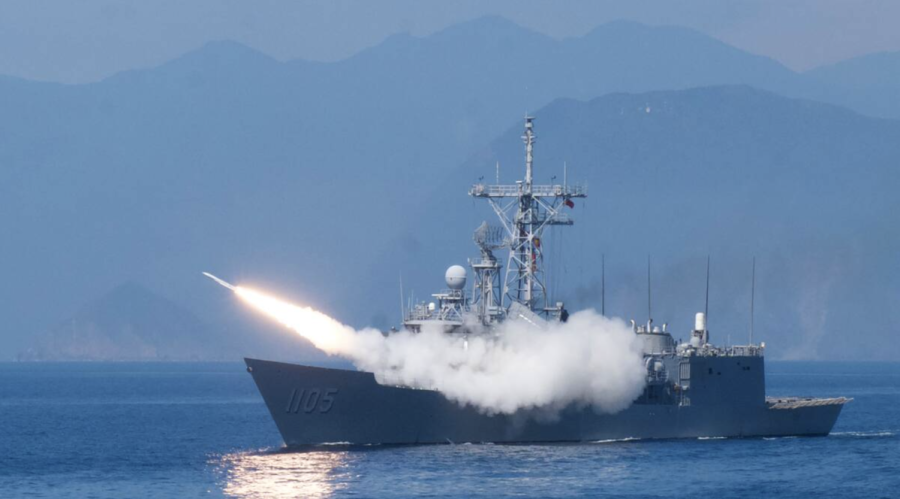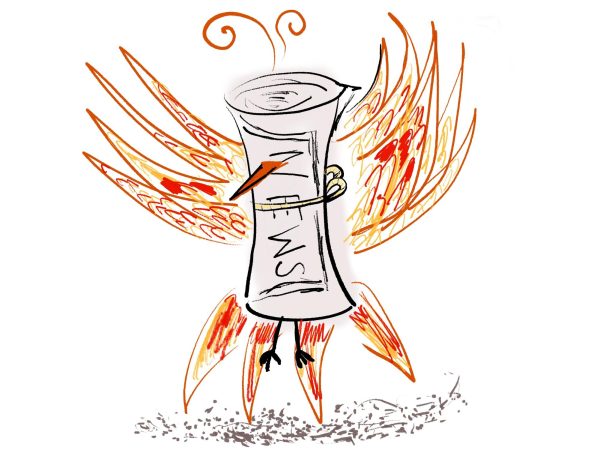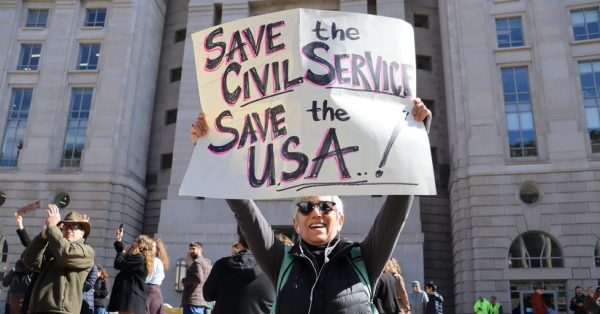Taiwan: Democracy Under Fire
As tensions between Chinese-and Taiwanese affairs rise, what steps should the United States take?
Following Nancy Pelosi’s visit with Taiwanese President Tsai Ing-wen, China held its biggest-ever show of military force in the air and seas around Taiwan. This included firing several waves of missiles over the Taiwan Strait, which hit targets in the waters encircling Taiwan.
On February 24, 2022, Russian forces invaded Ukraine. Following this historical assault, many countries including the United States rallied to supply Ukraine with aid to help their war effort. With nearly six months passed, the United States may again have to support a war drawing nearer to unfolding in Taiwan. Only this time, more is at stake.
Taiwan is a democratic and prosperous island in the South China Sea roughly 100 miles from the coast of southeast China. Although once part of China, Taiwan became a place of refuge for the Nationalist Party after they lost the Chinese Civil War in 1949. At first, martial law in Taiwan strictly oppressed the people, and the island was ruled by the Republic of China’s armed forces.
But in 1975, following the death of Chiang Kai-shek, Taiwan began to transform into a democratic government, and the martial laws loosened. By then, the United States was in the midst of the Cold War, in which they competed against the Soviet Union to spread their political and economic ideas to young nations vulnerable to foreign manipulation. And thus, the United States immediately backed Taiwan, because they held democratic and capitalist ideas.
Since then, Taiwan has prospered in trade—for example, they are currently supplying the world with 65% of the crucial semiconductor market. Semiconductors transmit energy in order to power many electric items, from computers to cars. But the controversy of whether Taiwan is its own, independent country is yet to be resolved.
Currently, only 13 countries, all developing, recognize Taiwan as an independent nation, according to News Week. The United States does not recognize Taiwan as an independent country, because, as Taiwanese student Ayden Chang (‘23) explained, “in order for countries to do business with China, they mustn’t acknowledge Taiwan as a sovereign nation.” In order to trade with Taiwan, the United States follows a foreign policy known as strategic ambiguity. This simply means that the United States treats Taiwan as a sovereign nation without recognizing it as a sovereign nation. This way, they reap the economic benefits from both China and Taiwan.
However, the United States may soon have to decide if they will directly intervene in Taiwan. According to the British Broadcasting Corporation (BBC), China’s President Xi Jinping has said “reunification” with Taiwan “must be fulfilled.” Gary Hu (‘25), who lived in China most of his life, explained that the Chinese government “believes that Taiwan is part of the mainland, and is willing to do all means necessary to make this happen.”
In the midst of this historical, political, and economic tension, the United States finds itself at a crossroads: should they intervene in this conflict or not?
On one hand, China and the U.S. are closely connected in trade, and cannot simply proclaim each other as enemies – as has been done with Russia. But then there’s Taiwan: an economically valuable democracy that the United States has already backed for decades.
“There really is only one choice we have here,” History and Economics Teacher John Nagler explained, “it is in America’s best interests to back Taiwan.” Taiwan’s economic and political value is too crucial to be lost to China. Mr. Nagler said that “in the long run, it’s in America’s interest to protect like-minded governments.” This is not only because of the semiconductor trade but also because of the “promotion of democracy,” as Mr. Nagler puts it.
However, even if the United States must side with Taiwan, how can they do this in a smart manner that won’t escalate tensions?
Well, entering the conflict too early will risk escalating already high tensions. For example, it was October of 2021 when Chinese President Xi Jinping announced his plan to bring about a “reunification” with Taiwan. However, since then, no extreme action has been taken by China. That is, not until Speaker of the House Nancy Pelosi visited Taiwan on August 2, 2022. During her visit, her focus was on reiterating the United States’ support for a democratic and independent Taiwan. Taiwanese student Annalise Chang (‘23) explained that “It was a very strong signal of U.S. support.” Days following her visit, according to BBC, China held its biggest-ever show of military force in the air and seas around Taiwan, along with calling Nancy Pelosi’s actions “extremely dangerous.”
This depicts something crucial—the United States’ intervention in Taiwan will have a huge effect on the way this conflict plays out. And if the mere presence of Nancy Pelosi meeting with Taiwanese President Tsai Ing-wen sparked a historic military action by China, imagine the escalation that will happen if the United States intervenes further. The United States must be careful in what they do next.
If the United States reacts too quickly to the situation, it could only worsen the already tense situation. Gary explained, “America doesn’t need to get involved until it reaches a breaking point.” With this being said, the United States should not intervene in Taiwan unless a direct conflict commenced; before then it would only worsen the situation. Ayden agrees that America will not intervene unless war actually breaks out, “I don’t see that happening. It’s not a smart play on their part to do that.”
However, if war is to come, the United States would need to intervene. According to The Military Balance 2022, China outnumbers Taiwan in all categories of armed forces, most notably having 2,035,000 active troops compared to Taiwan’s 169,000 troops. Mr. Nagler explains the seriousness of an invasion: “If China launches an assault, it’s going to be a full war.” Also, according to BBC, Taiwan could only slow down a Chinese invasion, but not win a direct conflict. Ayden reiterated that “if war actually breaks out, there’s nothing the Taiwanese people can do.”
Taiwan cannot protect itself in a war with China. But they are too economically valuable to lose. So in the case that war starts, the United States would have to change its policy to direct involvement, in order to protect international trade and promote global democracy. Annalise explained that the United States would enter the war because “they are a country that likes to protect democracies” and “Taiwan is a beacon of democracy in the Pacific.”
So perhaps both Mr. Nagler and Annalise put it best when they simply said this conflict was “complicated.” The United States cannot intervene too early because it would escalate a tense situation, but must be ready to intervene in the case of war so they can protect an economically and politically valuable island that is unable to protect itself. Pretty complicated, indeed.

Ben is a senior and Editor-in-Chief of The Tower. This is his fourth year on staff and second year as an editor, having previously been Graphics Editor....







